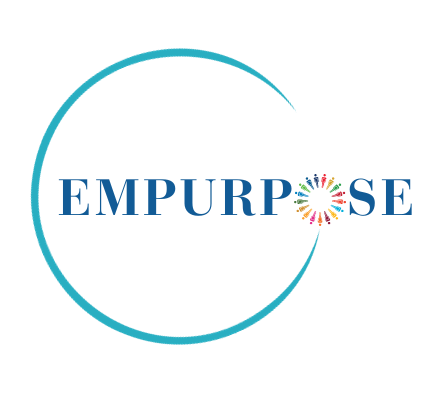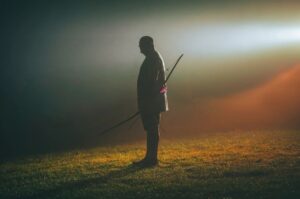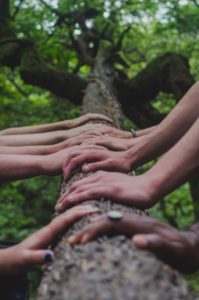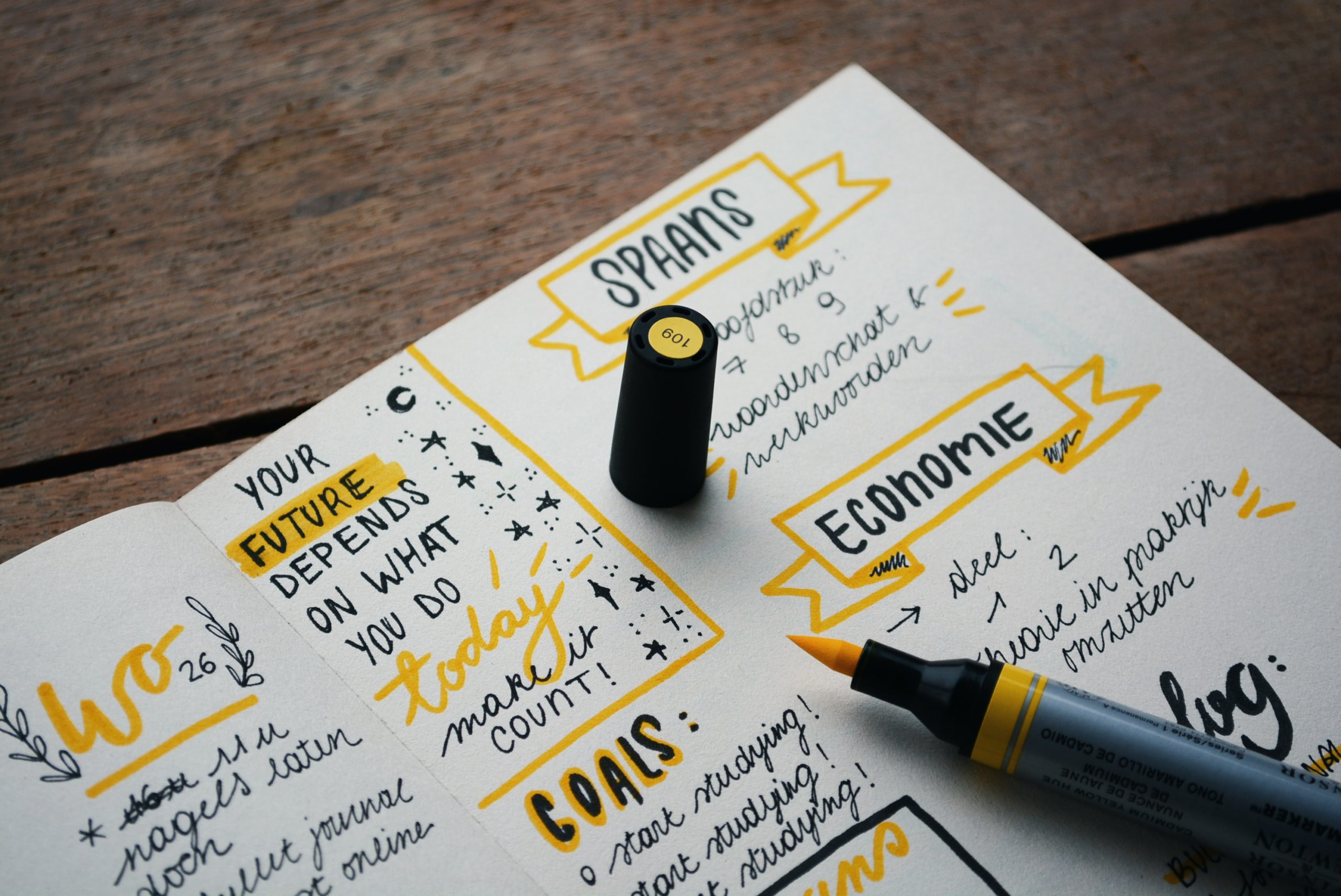MIND newsletter: Right and wrong - How to live?
Happy Saturday everyone! I apologize for the irregular schedule of the newsletter lately. Things have been quite hectic for the last couple of weeks. Yet that out-of-balance state turns out to be a perfect condition for my learning path.
Today’s newsletter is a bit different, as I will be sharing a little of everything from conversations I have had during my trip – many with people I haven’t met for a long long time and mostly around the question: how to live a bit better?
Morality and freedom
“No freedom is free”. Absolute freedom doesn’t seem to exist as we are bound by the values we pursue, the code of ethics and morality that we set. Pursuing freedom is a common reason for many people to introduce changes in their life, whether personal or professional, but knowing that freedom itself has its own boundary perhaps can help pull us out of the illusion “the grass is always greener on the other side”.
The question here is:
If freedom is one of your core values, what are things that you might have to compromise?
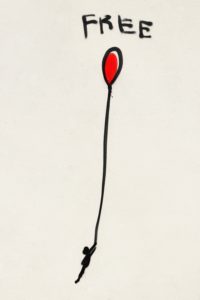
Is there a simple answer for what is right and wrong?
A great story I heard on this trip is about two very close friends, whose beliefs at one point in their life became so different that there seems to be no middle ground. One’s religion conflicts with another’s chosen gender identity. Many discussions, debates, and arguments have happened but the gaps only got wider. To the point they finally accept they can’t change the other’s mind and learn to respect the difference. Putting it in words makes it sound like a simple task, but respecting the difference is much easier said than done. If it was that simple, there would be no hatred, family estrangement, wars and discrimination in this world.
The question here is:
What relationship would you like to nurture and how respecting a difference can help?
Formal education vs self-taught
Brilliant minds I have met during the trip have one thing in common – they constantly challenge the information and even knowledge from formal education. What I notice from those people is that they usually have their google opened with dozens of tabs – they approach everything in life with such pure and genuine curiosity. If something is being told right, they will question why. If things are set to be done in a certain way, they will ask “Is that so?”. That self-taught skill helps them approach life with an open mind and never a pursuit of absolute truth but a culture of exploration and innovation.
The question here is:
What are some beliefs/information/knowledge that you have taken as truth? Are there alternative views?
This is perhaps the only newsletter for the next few weeks. Disconnecting myself from the digital world will give me some space to go in, before out.
So, take care and see you sometime in March.
